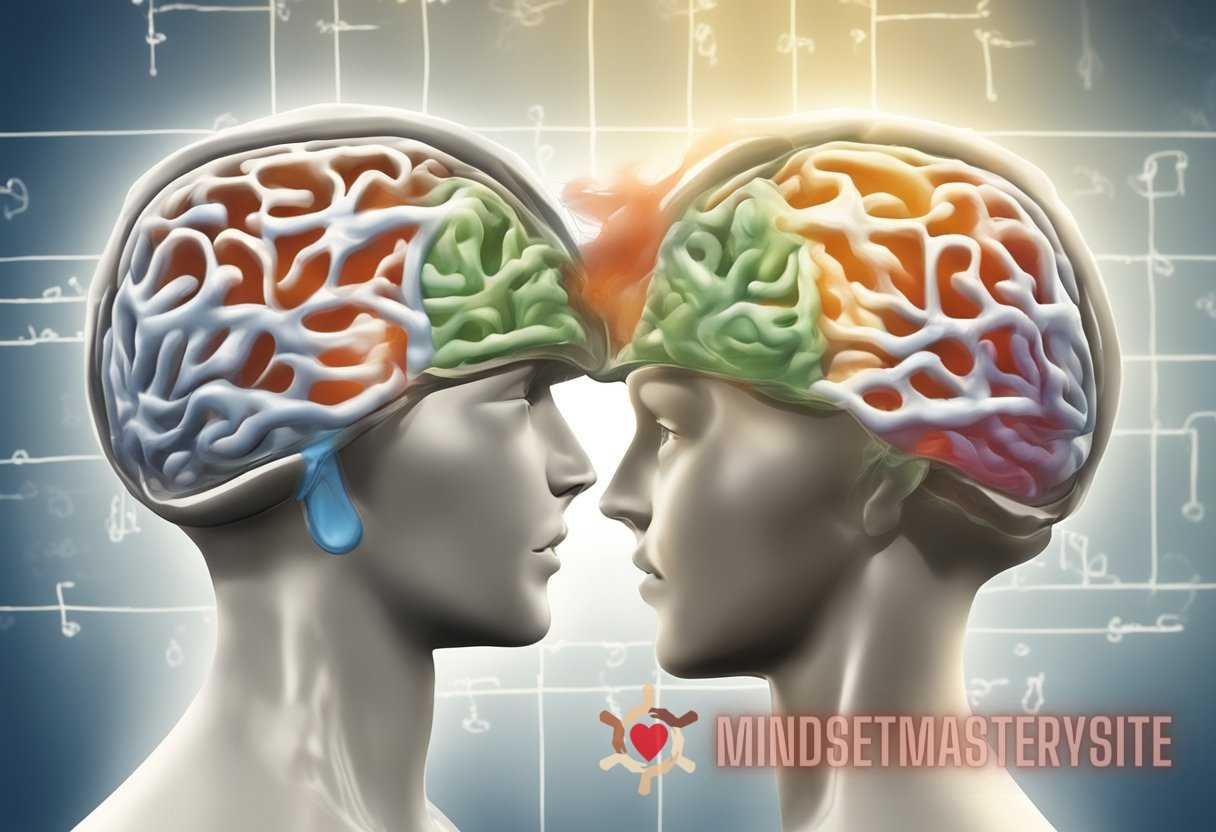Introduction
Setting goals is an essential part of personal development and achieving success. Whether it’s aiming for a promotion at work, starting a new business, or improving personal relationships, having clear objectives can provide direction and motivation. However, merely setting goals is not enough; self-reflection plays a critical role in the goal-setting process. In this article, we will explore the significance of self-reflection in goal setting and how it can unleash the potential within to pave the way for lifelong success.
The Importance of Self-Reflection in Goal Setting
Self-reflection involves taking the time to analyze our thoughts, emotions, and actions. It allows us to gain a deeper understanding of ourselves and our motivations. When it comes to setting goals, self-reflection can enhance the process in several ways:
- Clarity: Self-reflection helps us gain clarity about our values, passions, and priorities. By understanding what truly matters to us, we can set goals that align with our core beliefs and aspirations. This alignment increases the likelihood of achieving our goals and experiencing a sense of fulfillment.
- Self-Awareness: When we engage in self-reflection, we become more aware of our strengths, weaknesses, and areas for improvement. This self-awareness allows us to set realistic and achievable goals that leverage our strengths and address our weaknesses. It also helps us identify any limiting beliefs or self-sabotaging patterns that may hinder our progress.
- Motivation: Reflecting on our past achievements and setbacks can fuel our motivation to set and pursue new goals. By reviewing past successes, we can build confidence in our abilities, while examining past challenges can inspire us to learn from our mistakes and approach future goals with resilience and determination.
- Alignment with Purpose: Self-reflection helps us reconnect with our purpose and meaning in life. When our goals align with our sense of purpose, they become more meaningful and fulfilling. This alignment provides a sense of direction and can drive our actions and decisions in a purposeful and intentional manner.
- Accountability: Self-reflection allows us to hold ourselves accountable for our progress and results. By regularly reflecting on our goals, we can assess our performance, identify any gaps or areas for improvement, and make necessary adjustments to stay on track. The act of self-reflection also fosters a sense of responsibility and ownership for our own development and success.
It is evident that self-reflection plays a crucial role in establishing meaningful and effective goals. By understanding ourselves better, we can set goals that are aligned with our values, leverage our strengths, and drive us towards lifelong success.
Practical Strategies for Self-Reflection in Goal Setting
Now that we understand the importance of self-reflection, let’s explore some practical strategies that can be employed to incorporate self-reflection in the goal-setting process:
- Journaling: Journaling is a powerful self-reflection tool that allows us to process our thoughts and emotions. By regularly writing in a journal, we can gain insights into our inner world and uncover patterns in our thinking. Journaling can also help us clarify our goals, identify obstacles, and develop action plans.
- Meditation and Mindfulness: Practicing meditation and mindfulness can help us cultivate a greater sense of presence and self-awareness. These practices allow us to observe our thoughts, emotions, and sensations without judgment. By mindfully observing our inner experiences, we can gain valuable insights that inform our goal-setting process.
- Seeking Feedback: Soliciting feedback from trusted individuals can provide valuable perspectives and insights that we may not be aware of. By engaging in open and honest conversations, we can gain new insights about ourselves and receive constructive feedback that can enhance our goal-setting process.
- Self-Assessment Tools: There are various self-assessment tools available that can provide insights into our personality traits, strengths, and areas for development. Utilizing these tools can help us gain a better understanding of ourselves and inform our goal-setting process.
- Regular Reviews: Setting aside dedicated time for goal reviews is essential for self-reflection. By regularly reviewing our progress, we can assess what is working, identify areas for improvement, and make necessary adjustments to stay on track.

By incorporating these practical strategies into our goal-setting process, we can foster self-awareness, clarity, and accountability, leading to more effective and fulfilling goals.
The Connection Between Self-Reflection and Lifelong Success
The role of self-reflection in goal setting extends beyond the immediate achievement of specific objectives. Self-reflection contributes to lifelong success in various ways:
- Continuous Growth and Development: Lifelong success is not measured solely by achieving one-off goals; it is characterized by continuous growth and development in various areas of life. Self-reflection fosters a growth mindset, encouraging us to learn from our experiences, adapt to changing circumstances, and continuously improve ourselves.
- Resilience: Self-reflection helps cultivate resilience, which is essential for navigating the ups and downs of life. By reflecting on past challenges and setbacks, we can develop the emotional intelligence and adaptive skills required to bounce back from adversity and persevere towards our goals.
- Alignment with Personal Values: Lifelong success is deeply intertwined with living a values-driven life. Through self-reflection, we can gain clarity about our values and ensure that our actions and goals are aligned with what truly matters to us. When our goals align with our values, they provide a sense of purpose and fulfillment.
- Adaptability: Self-reflection enhances our ability to adapt and thrive in an ever-changing world. By regularly reflecting on our goals and progress, we can assess the relevance and feasibility of our objectives and make necessary adjustments to align with changing circumstances.
- Meaning and Fulfillment: Self-reflection allows us to uncover what truly brings us meaning and fulfillment. When our goals are aligned with our passions and purpose, they provide a deeper sense of satisfaction and happiness. Lifelong success is not just about achieving external markers of success; it is about living a life that is meaningful and fulfilling.
It is clear that self-reflection is not only a means to achieve specific goals but also a way to cultivate the mindset, skills, and qualities required for lifelong success.
Conclusion
Self-reflection is an invaluable tool in the goal-setting process. By gaining clarity, self-awareness, and motivation, as well as aligning our goals with our purpose and taking accountability for our progress, we can unleash our potential for lifelong success. Incorporating self-reflection into our goal-setting practices can lead to continuous growth, resilience, adaptability, and a life that is aligned with our values and provides meaning and fulfillment. Self-reflection is not a one-time exercise but a lifelong practice that allows us to constantly evolve and strive for our highest potential.
For further insights into goal setting, check out the following articles:
- Unleashing the Power of Cognitive Strategies: Achieving Sustainable Growth Through Strategic Goal Setting
- Crafting Personal Growth Goals: Going Beyond the Bucket List
By incorporating self-reflection into your goal-setting process, you can unlock your true potential and pave the way for lifelong success.



